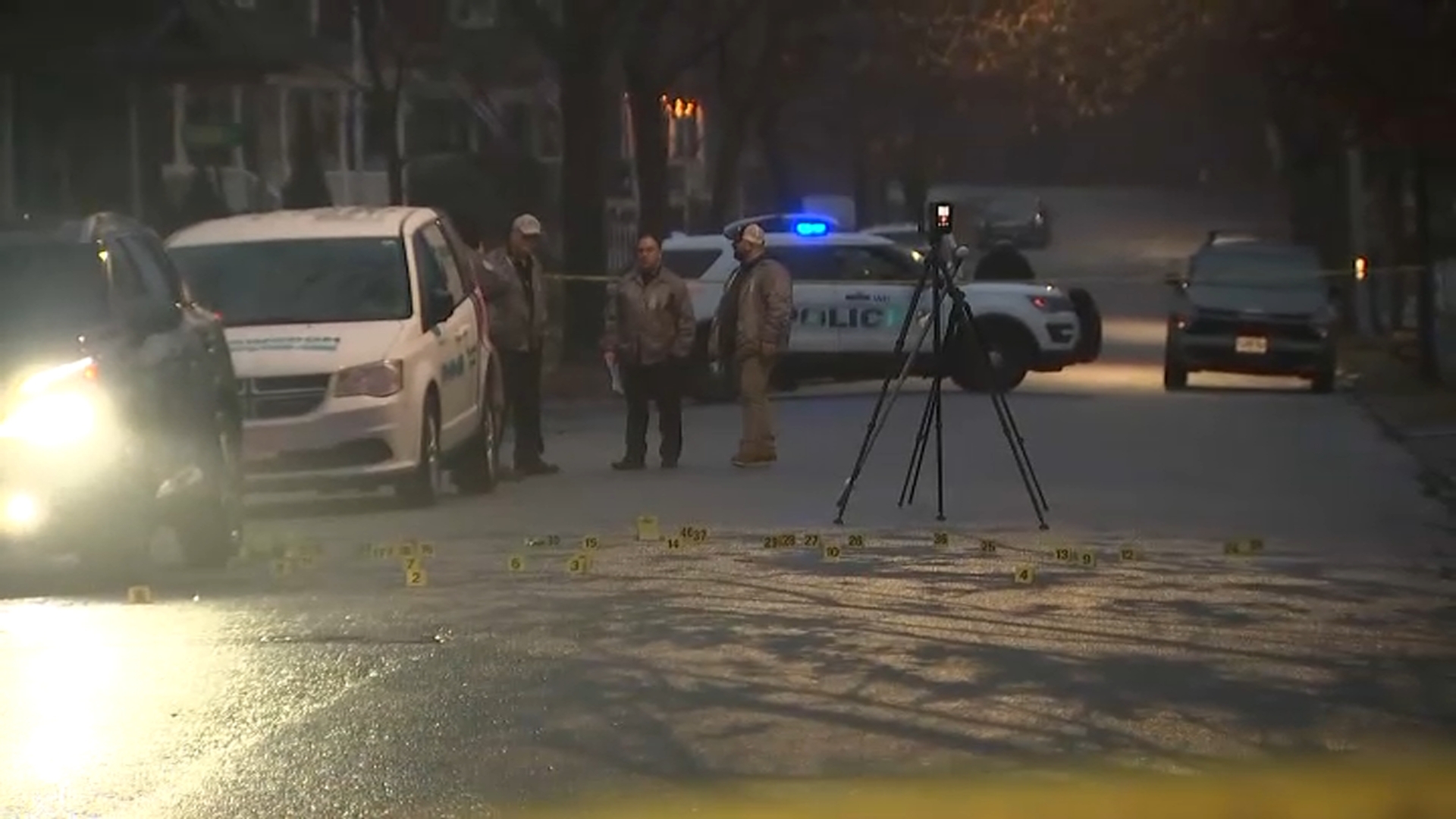A new proposal on Beacon Hill hopes to create measures to protect Black women and girls in Massachusetts.
Those legislative measures include establishing a permanent community-centered advisory committee on missing and murdered Black women and girls, and creating a notification system called "Ebony Alert" - similar to an Amber Alert, designed to notify the public when Black women and girls go missing under unexplained or suspicious circumstances.
It’s something Audrey Morrissey, the co-executive director for My Life My Choice supports, stating that women of color are not given the same attention as their white counterparts when they are reported missing.
“If a youth is from an upper middle-class white family, a lot of times they have access to the media. They can get the word out when their person goes missing. What I do know about Black and brown people is a lot of times they don’t have that access," Morrissey said.
Get Boston local news, weather forecasts, lifestyle and entertainment stories to your inbox. Sign up for NBC Boston’s newsletters.
According to the most recent data from the National Crime Information Center, about 141,000 Black children under the age of 18 were reported missing in 2022, and Black women over 21 accounted for nearly 16,500 missing persons cases that year. More than 30,000 Black people in the U.S. remained missing at the end of 2022.
State Rep. Bud Williams, D-Springfield, is one of the sponsors of House Bill 3913 - An Act Relative to Missing Black Women and Girls in Massachusetts.
He says there is a disturbing link between human trafficking and the disappearance of Black women and girls and he hopes this proposal will bring much-needed urgent action.
“In 2020 we had over half a million missing people in the United States and one-third of that total was Black girls and women," Williams said.
Morrissey says they’ve been providing support for over 20 years for people who have been trafficked and understand firsthand the need for more resources, especially for the community of color.
“We serve over 200 youth per year and the majority of the youth that we’re serving 34% are white, where the rest of the youth that we serve are children of color.”
Just last year California became the first state in the country to establish an Ebony Alert system.
Williams says this bill has been referred to the Joint Committee on Public Safety and Homeland Security, where he hopes it will be approved.




